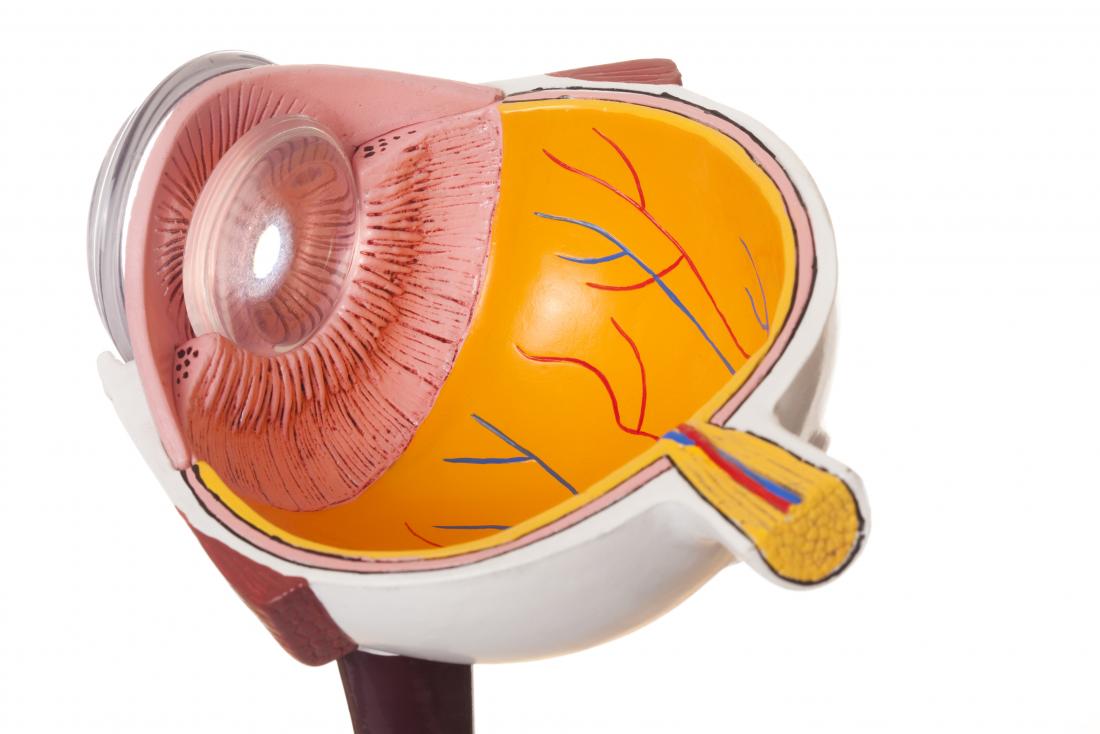Central serous chorioretinopathy (CSCR) is an eye condition that occurs when fluid accumulates under the retina, affecting central vision. This condition can cause blurred vision, distorted images, or dark spots in the center of the visual field. Although CSCR often resolves on its own in many cases, treatment may be necessary to prevent further damage.
While medical treatments are essential in managing CSCR, lifestyle changes can play a crucial role in complementing central serous chorioretinopathy treatment and improving overall outcomes. These changes not only support the healing process but also reduce the risk of recurrence and enhance eye health.
Stress Management and Its Importance in CSCR
One of the most significant lifestyle factors in CSCR is stress. Research suggests that high stress levels can contribute to the development or worsening of CSCR. Stress activates the body’s “fight or flight” response, leading to the release of hormones like cortisol. Elevated cortisol levels are believed to increase fluid buildup in the retina, exacerbating the symptoms of CSCR.
To complement central serous chorioretinopathy treatment, managing stress is essential. Incorporating stress-reducing techniques such as mindfulness meditation, yoga, deep breathing exercises, or even regular physical activity can help reduce cortisol levels and lower the likelihood of CSCR flare-ups.
Finding healthy ways to cope with stress not only benefits the eyes but also improves overall mental and physical well-being.
Healthy Diet and Nutrition
A well-balanced diet rich in antioxidants, vitamins, and minerals is vital for maintaining eye health. Nutrients like vitamin C, vitamin E, omega-3 fatty acids, and zinc have been shown to support retinal health and protect against oxidative damage. For individuals undergoing central serous chorioretinopathy treatment, adopting a diet high in these nutrients can complement medical interventions by promoting healing and reducing inflammation.
Foods that are particularly beneficial for eye health include leafy green vegetables, such as spinach and kale, which are high in lutein and zeaxanthin—antioxidants that help protect the retina from damage. Fish rich in omega-3 fatty acids, such as salmon and tuna, also support retinal function. Including a variety of colorful fruits and vegetables in the diet can help ensure the body gets a wide range of nutrients essential for overall eye health.
Adequate Sleep and Rest
Central serous chorioretinopathy has been linked to disturbances in sleep patterns, particularly in individuals who experience high levels of stress or anxiety. Poor sleep can contribute to the body’s inability to regulate cortisol levels, further worsening CSCR.
To complement central serous chorioretinopathy treatment, it’s crucial to prioritize good sleep hygiene. Aim for seven to nine hours of restful sleep each night.
Establishing a regular sleep schedule, avoiding caffeine or heavy meals before bedtime, and creating a relaxing environment can all promote better sleep. Restful sleep helps the body recover and repair, supporting the healing process for those with CSCR.
Avoiding Smoking and Alcohol
Smoking and excessive alcohol consumption can worsen overall health and contribute to retinal diseases, including CSCR. Smoking increases the risk of oxidative stress and inflammation, both of which can negatively impact the retina. Alcohol, particularly in excess, can raise cortisol levels, potentially triggering or worsening CSCR.
To complement central serous chorioretinopathy treatment, individuals with CSCR should avoid smoking and limit alcohol intake. Quitting smoking and reducing alcohol consumption not only supports eye health but also enhances the effectiveness of medical treatments. Leading a smoke-free, moderate-drinking lifestyle improves circulation, reduces inflammation, and helps protect the eyes from further damage.
Managing Blood Pressure
High blood pressure is another contributing factor to central serous chorioretinopathy. Elevated blood pressure can stress the blood vessels in the eye, contributing to fluid leakage under the retina. Maintaining healthy blood pressure levels is essential for supporting the healing process and preventing CSCR from worsening.
Incorporating lifestyle changes such as regular physical activity, a balanced diet, and stress reduction techniques can help lower blood pressure and prevent it from rising to unhealthy levels. For individuals already diagnosed with hypertension, working with a healthcare provider to manage and control blood pressure through medication and lifestyle changes is vital for both overall health and eye health.
Regular Exercise and Physical Activity
Physical activity plays a crucial role in reducing the risk of developing complications related to CSCR. Regular exercise helps manage stress, improves circulation, supports healthy blood pressure, and promotes overall well-being. Furthermore, exercise can help maintain a healthy weight, which also reduces the risk of other health issues that may negatively affect eye health.
For those undergoing central serous chorioretinopathy treatment, moderate-intensity exercises such as walking, swimming, or cycling can improve cardiovascular health and reduce stress levels, both of which support eye recovery. It’s important, however, to avoid strenuous activities that could increase blood pressure or cause physical strain, as these can aggravate CSCR symptoms.
Regular Eye Check-ups
In addition to lifestyle changes, regular visits to an eye care professional are essential for monitoring the progress of CSCR and ensuring that treatment is effective. An eye doctor will conduct regular eye exams, including imaging tests like optical coherence tomography (OCT), to track the condition of the retina.
Even after initial treatment, ongoing monitoring helps detect any changes in the condition and ensures that any complications are addressed promptly. Regular check-ups also provide an opportunity to adjust the treatment plan, making sure that the most appropriate approach is being followed to manage the condition effectively.
Conclusion
While central serous chorioretinopathy treatment is crucial for managing the condition and preserving vision, lifestyle changes can play a pivotal role in supporting the healing process and preventing future flare-ups. By focusing on stress management, nutrition, sleep, and overall health, individuals with CSCR can complement medical treatments, improve their outcomes, and reduce the risk of complications. Adopting these healthy habits not only supports eye health but also contributes to better overall well-being, allowing individuals with CSCR to lead a healthier, more vibrant life.

